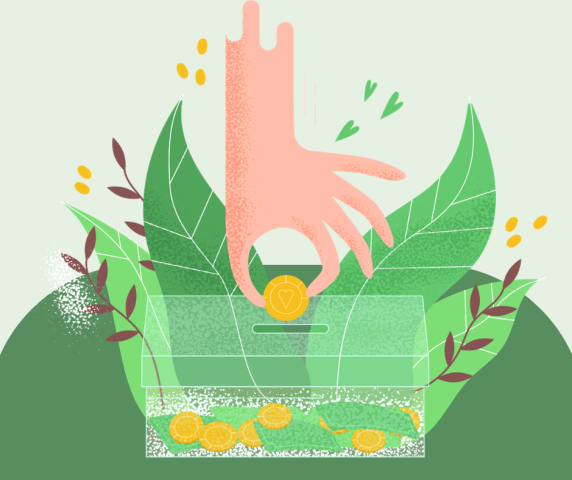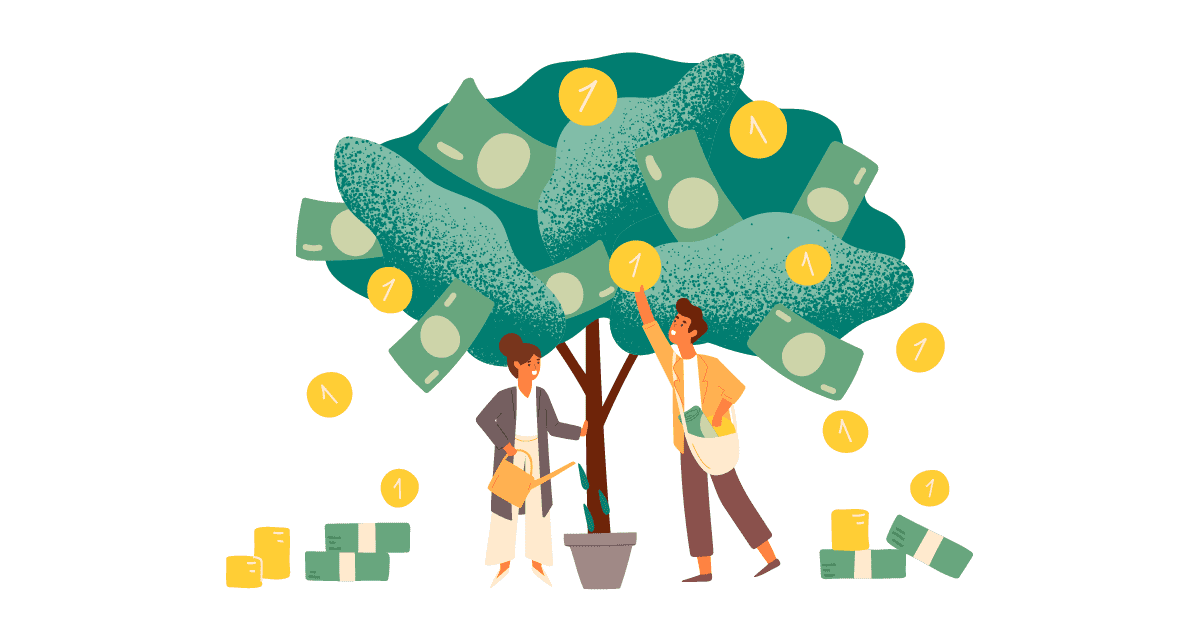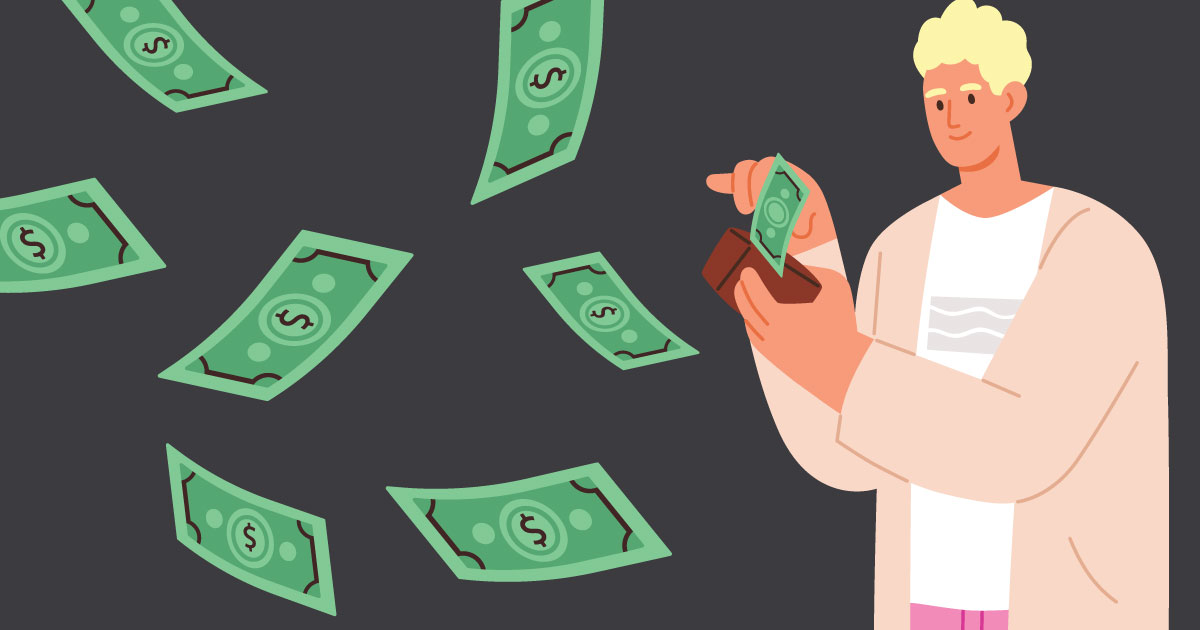- Guest Contributor
- April 28, 2021
It’s no secret that having an emergency fund is a good idea for anyone. There are always issues that can happen in life, and having some financial flexibility during that time can really make things easier. But how can you come up with an emergency fund when you have irregular income? While a varied income throughout the year might make creating an emergency fund feel more challenging, it doesn’t have to be that way. Here are three issues to think about when setting up an emergency fund, even with irregular income.
Make Your Goal Based on Months of Savings
The first thing to do when building a fund for emergencies is to take a look at what your expenses are on a monthly basis. While you might have income that’s irregular, chances are high that your bills are pretty stable. Add them up, and don’t forget things like taxes, food, car insurance, and other incidentals.
Pad the amount a little, because unexpected problems can show up at any time. You want to be able to pay your bills, eat, cover your expenses, and protect yourself, all with one fund. Then, decide how many months of those bills and other expenses you’d ideally want to be able to cover with an emergency fund. That’s how much money you’ll need to save up.
Determine What You Can Afford to Put Back
Take a careful look at the money you have coming in. If you have a job that pays a set amount and then you do gig work on the side, can you live on just your job for a while? If you’re a full time gig worker, do you have stable clients that pay you a flat rate, and then additional clients for extra cash? Your situation is unique to you, but it’s important to make sure you’re not putting back money that you can’t afford to take away from your bill-paying needs. Decide what can be tucked away, but be realistic about that ability.
Put a Percentage Aside, and Make It Off Limits
When you put a percentage aside for your emergency fund, you have to make it truly for emergencies. Wanting a new phone or wishing you could take a trip aren’t emergencies. A water heater that’s hosing down your floor at 3am? That’s an emergency. It can take time to build up a good emergency fund, but the sooner you start the sooner you’ll be able to feel more secure. Then if you really do experience some kind of financial emergency, you’ll be able to get the money from the fund and not end up with bigger problems like extra credit card debt or no way to fix your car.
The more your emergency fund grows, the safer you’ll feel about having money put aside. You might have to make a few sacrifices to save a little faster if it’s really important to you, or if you can’t save much any other way. Sometimes money’s tight, and saving can be hard. But having a fund for emergencies is a very important part of financial responsibility, and can be even more important for gig workers and their often irregular income.
About the Author: Michelle Dakota Beck has worked as a professional freelance writer since the 1990s. During that time she has written everything from product descriptions to full-length books. Her areas of specialization include real estate, home services, legal topics, relationships, family life, and mental health issues. You can find her on WriterAccess.










